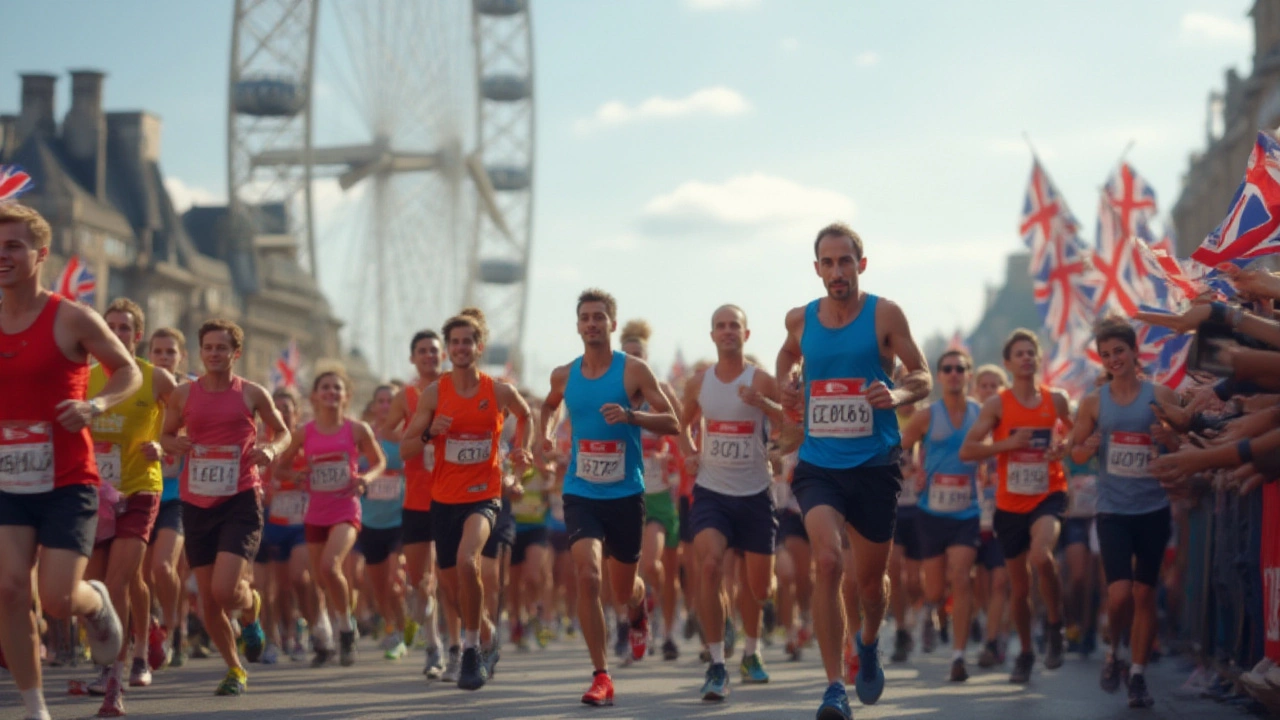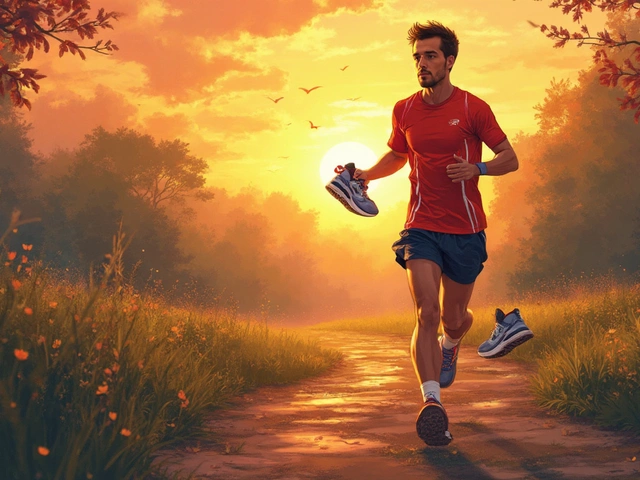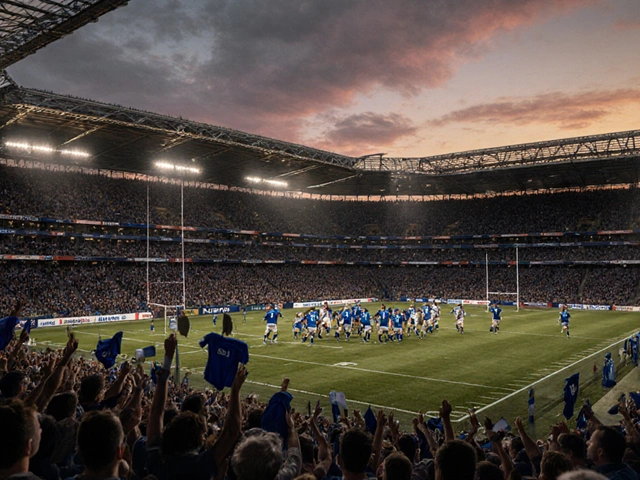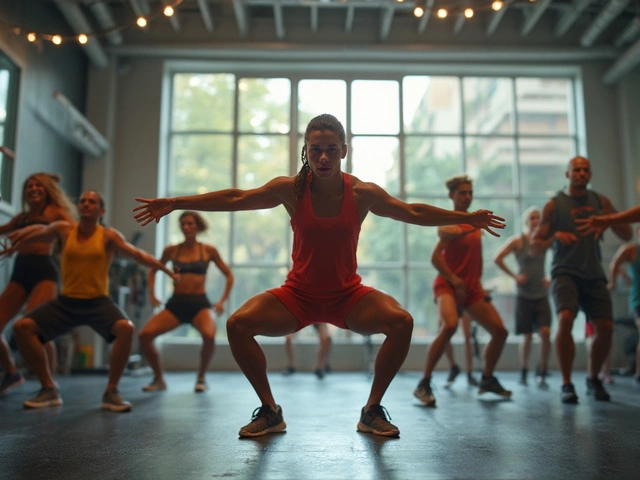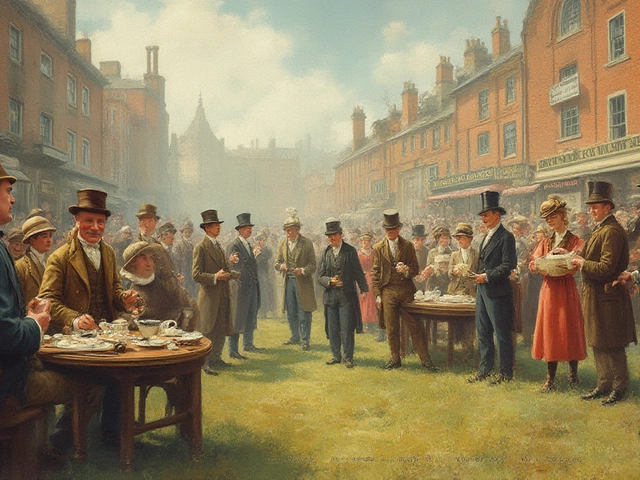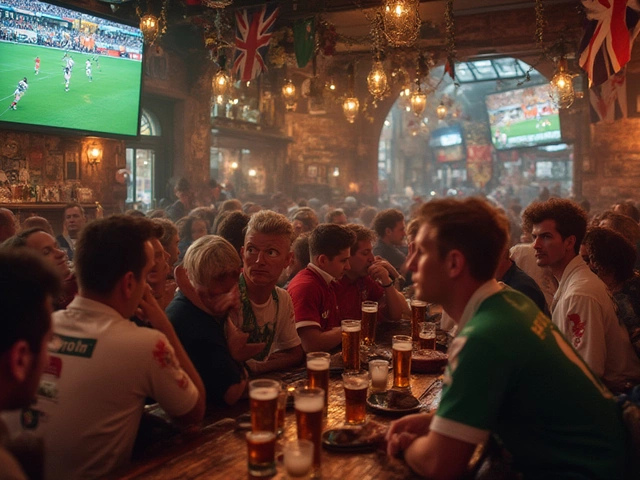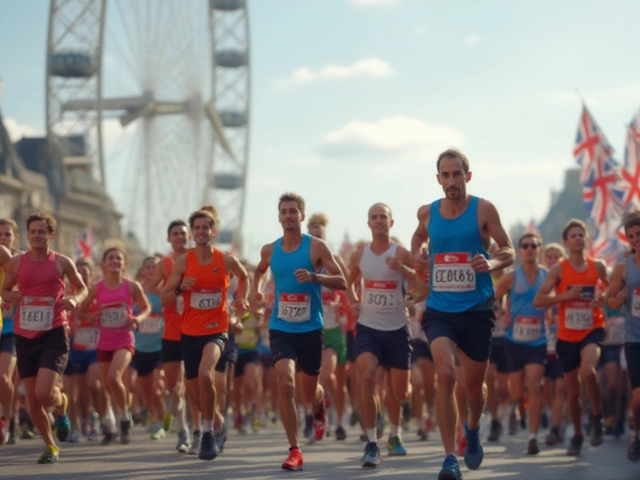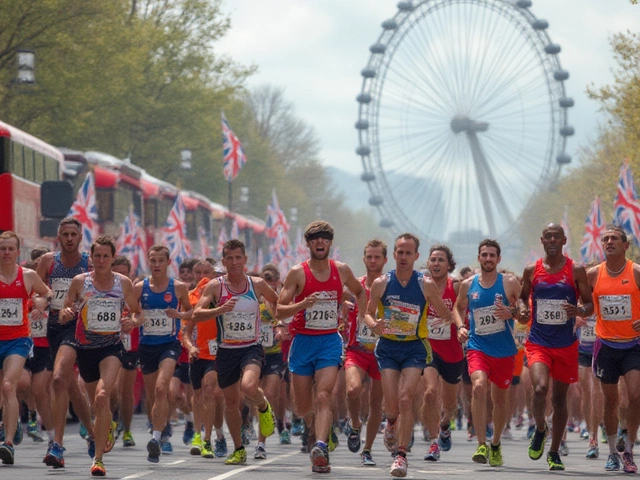Imagine standing at a marathon start line. You’d expect twenty-somethings bouncing with energy, right? But take a closer look. You’ll see gray hair, wedding bands, a patchwork of ages and stories. Marathon running carries an unexpected truth: it’s rarely dominated by the youngest among us. Let’s say you follow the Olympics or New York City Marathon on TV and see the elite front pack—sure, they’re usually late twenties or early thirties. But most of the thousands pushing through those 26.2 miles? Their average age might surprise you.
The Most Common Age for Marathon Runners
If I had a dime for every time someone told me marathon running is a young person’s game, I’d probably still spend it on running shoes for my forties. Here’s the twist: globally, most marathon runners are not in their teens, twenties, or even early thirties. In fact, based on several race registration databases and reports from major events like the Berlin and Chicago Marathons, the average age of marathon finishers sits right around 39 to 41 years old. That's not just a local quirk—this trend pops up almost everywhere.
Take the 2023 Boston Marathon as an example. According to their official breakdown, the largest age group in the race was 40–44. In other world-famous events—London, Tokyo, Paris—it was the same deal: the organizing committees reported the biggest number of participants coming from age brackets spanning mid-to-late thirties and early forties. Why? It’s a mix of life’s timing and practical reasons. People in their forties often have the resources, confidence, and time management skills needed to train for months on end. Younger adults might be juggling careers, new families, or simply don’t have the patience for four-hour Sunday runs yet. Meanwhile, older runners—think fifties and sixties—are happily represented too, but tend to be fewer simply because marathon training is tough on aging bodies.
Here’s a table, built from the New York City Marathon’s 2024 demographic report, showing exactly how the spread looks:
| Age Group | Percentage of Participants |
|---|---|
| 18-29 | 14% |
| 30-39 | 29% |
| 40-49 | 34% |
| 50-59 | 17% |
| 60+ | 6% |
So, while marathons welcome all adults, expect to find most runners between 35 and 49. And you know what? That’s actually good news for anyone who thinks they’ve missed their athletic window.
Why Middle Age is Prime Time for Marathons
Let’s get real: nobody really wakes up at 19 wanting to spend 18 weeks running long distances in all kinds of weather. For most, marathon dreams germinate slowly—your thirties and forties are when the urge to test your limits, cross things off the bucket list, or just stay healthy and focused starts to hit. More people have kids who are old enough not to need round-the-clock care. Jobs may stabilize, making a regular training schedule possible for the first time. I’ve seen friends and colleagues set goals right after a milestone birthday—it’s like turning forty comes with a bonus shot of motivation.
The physical side is fascinating too. Yes, younger runners can be faster, but marathon running is mostly about endurance, not raw speed. And endurance doesn’t fade as quickly with age. Studies by the American College of Sports Medicine found that men and women in their late thirties to early forties are often at their peak for stamina and mental grit needed for the marathon grind. That stubborn will-to-finish? It’s hard to teach, and age seems to give you more of it.
I’ll never forget the runner I met at Chicago. He was 43, had two kids, and told me he only picked up running at 38 “to lose the dad bod.” Five years later, he’d finished five marathons and was faster than half the twenty-somethings in his heat. Not alone, either—I’ve lost count of runners over 40 who picked up marathoning as a totally new challenge and stuck with it for years.
This age sweet spot isn’t without its aches and pains, but there are more tools—good shoes, foam rollers, tailored training plans—than ever before to help runners thrive well into middle age. The biggest challenge for many is balancing family, work, and social life with the commitment marathon training demands. But once you build those routines, it starts to feel surprisingly sustainable, even for busy people.
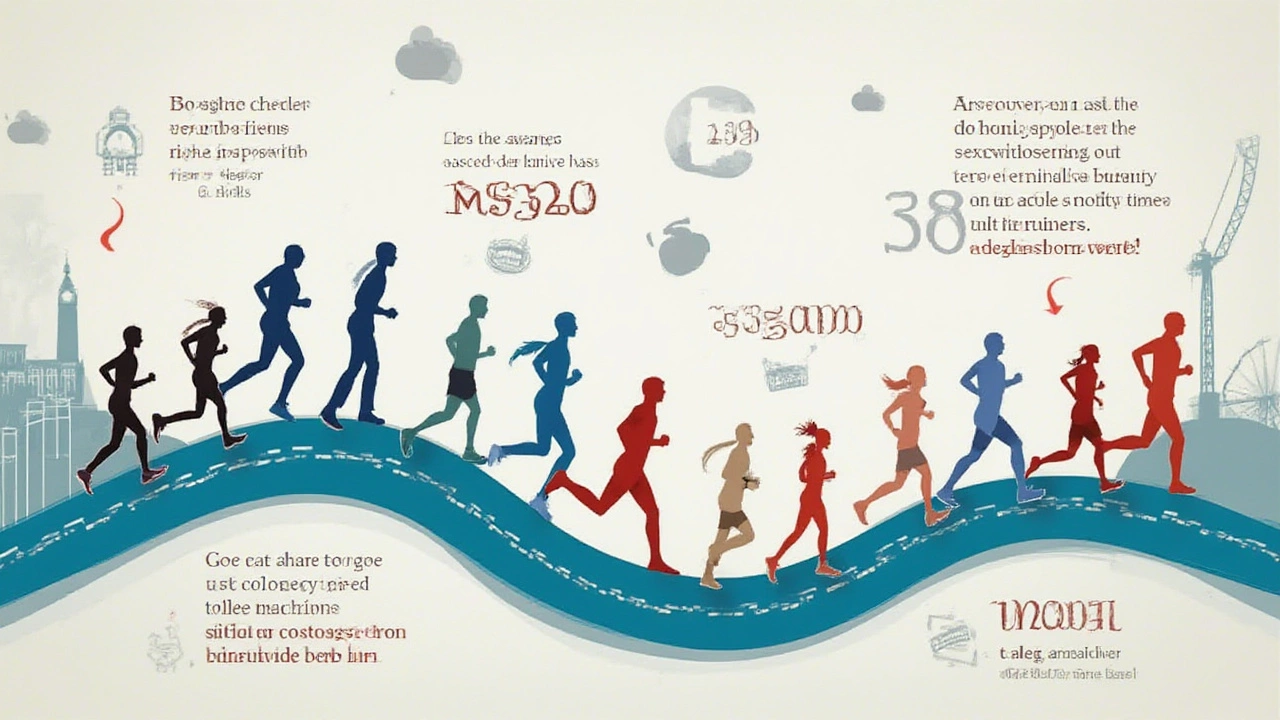
How Age Impacts Performance and Training
Here’s where it gets technical, but not boring, promise. Age impacts your marathon journey, but probably not the way you think. The bulk of recreational runners finish between ages 30 and 50, and a huge chunk of them set their personal bests somewhere in that spread. Research from the Journal of Strength and Conditioning Research suggests marathon times stay relatively stable until about 40, after which times increase gradually—adding about one minute to your marathon time for every year beyond forty-five. Elite runners have a shorter window, peaking around 28 to 32, but unless you’re chasing Olympic glory, that’s not the point.
For most, training plans are age-adjusted in clever ways. Runners in their thirties and forties handle more volume and intense speed sessions better than those in their fifties. If you’re over fifty, your plan might swap a weekly speed workout for a second rest or recovery run. Flexibility and injury prevention become bigger priorities—but that doesn’t mean you can’t keep improving. Most of the pain cave moments I hear about come from overenthusiastic newbies ignoring the basics. Patience, listening to your body, and not ramping up mileage too fast beats bravado every time.
I’ll throw in a tip from Lara, my spouse, who ran her first marathon at 36—it’s all about consistency. She focused on building mileage in small, non-heroic chunks, avoided Instagram “run streak” pressure, and showed up week after week. By race day, she felt strong and steady, not burnt out. Another trick? Cross-training. Cycling or swimming gives your joints a break but keeps your endurance growing. Middle-aged marathoners especially love this, as it helps avoid overuse injuries without sacrificing readiness.
Hydration, nutrition, and sleep matter more with every extra candle on the birthday cake. Older runners learn the hard way that you can’t “bank” sleep or skip meals and expect to feel good on 20-mile long runs. If you want to peak at any age, you have to act your age—with smarter recovery, targeted strength training, and a little humility. Age isn’t so much a barrier as a reason to optimize.
Interesting Facts and Surprising Trends in Marathon Demographics
Think marathon running is losing its shine? Not even close. Did you know that, according to World Athletics data, the average age of marathoners has climbed from about 36 in 2000 to 41 in the past three years? More people are starting later in life, partly thanks to better access to races, social networks, and the surge of digital coaching tools. In the 2024 Tokyo Marathon, the number of 60+ finishers was up 18% compared to a decade ago. Grandparents crossing the finish line isn’t rare—it’s almost a rite of passage.
Gender balance is shifting, too. Until the late 1980s, most marathon runners were men younger than 40. Today, women make up nearly half of all marathoners in major events. Interesting twist—the average age for female marathoners is a touch higher (41 vs 39 among men, per the London Marathon statistics). It seems women are both entering and staying in the marathon game longer.
Country-by-country breakdowns are wild. In the US, Germany, and Japan, average ages hover in the low forties, while countries with young populations or vibrant city running scenes sometimes skew younger. But, the common thread: running a marathon is increasingly something people look forward to in adulthood—as proof they can still set big, audacious goals.
One of my favorite facts is that the oldest marathon finisher on record, Fauja Singh, was 100 years old when he completed the 2011 Toronto Waterfront Marathon. He’s proof that age barriers can be broken—if you have the right mindset and support system.
Here are a few unusual insights drawn from data nerds studying marathon crowds:
- First-time marathoners are, on average, 38 years old.
- More retirees are entering major marathons, many as a way to mark a new chapter after leaving full-time work.
- Charity runners—who often train for fundraising—skew older, with an average age of 43.
- Almost every major city race sees entrants from every age-eligible group, from 18 to over 80.
So don’t let stereotypes fool you—the marathon belongs to everyone, but it’s the thirty- and fortysomethings who show up most.
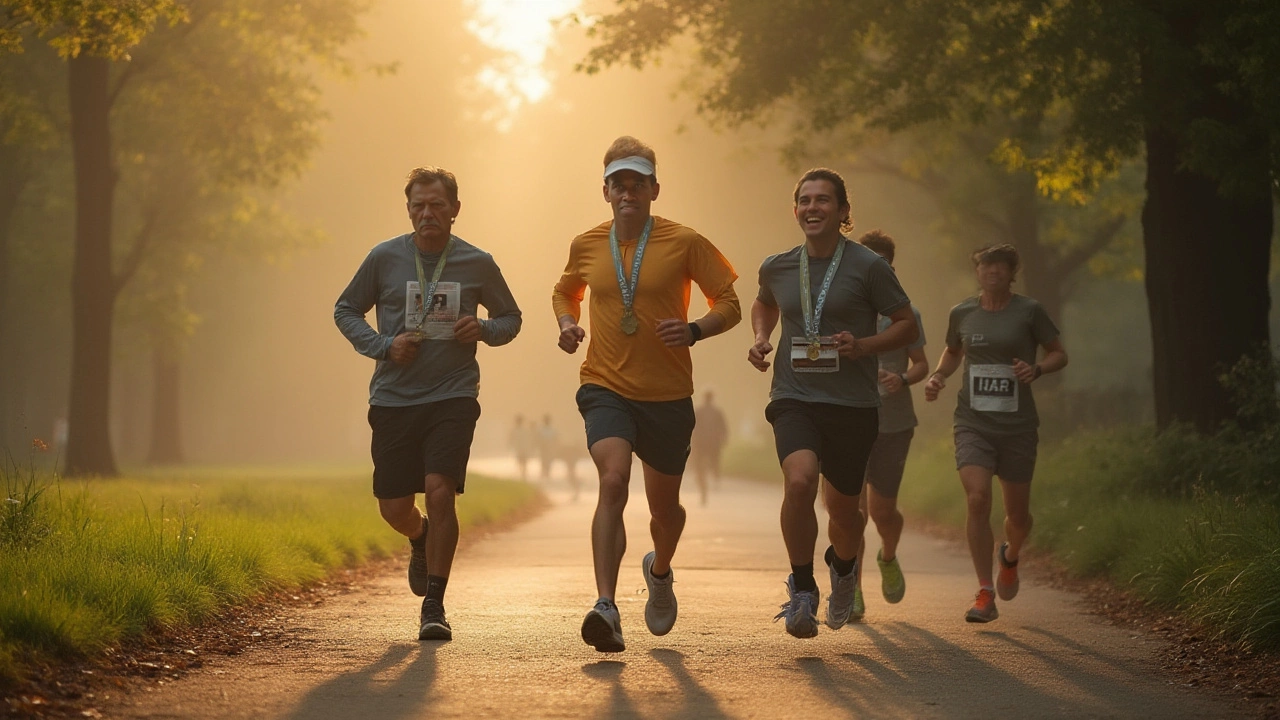
Tips for Runners of Every Age: Learning from the Field
Maybe you’re thinking about your first (or next) marathon and feeling nervous—hey, that’s normal. Here’s what years at both the back and front of the pack have taught me, plus wisdom from fellow runners who know their way around a training cycle and a birthday cake.
First: Start with your "why." It keeps you accountable when training gets hard. People who stick with marathon training have a concrete reason—whether it's raising charity funds, marking a milestone birthday, or proving something to themselves.
Next, be realistic with your training plan. If you’re in your thirties or forties, you can usually handle more intensity, but don’t copy the workouts of Olympic hopefuls—most mortals need more rest. If you’re over 50, pay double attention to recovery. Soreness lingers. Tendons don’t bounce back like they used to, but strengthening exercises (think planks, squats) work wonders at any age.
Get a medical check-up before you commit, especially if you’re new to endurance exercise or have any past injuries. Most training injuries aren’t dramatic—they’re the result of ignoring minor aches until they become big ones. Address problems early. Train with people your age; peer support is underrated. Training with a local club is a huge motivator, especially for midlife and older runners who feel alone. Many clubs organize age-group training, so you don’t feel out of place running with teens.
Nutrition matters more as you age. Protein for muscle repair, carbs for fuel, and don’t underestimate the power of electrolytes. Experiment during training, not on race day, to find what works for you. And take race day seriously: nothing is more memorable than finishing your first marathon, whatever your age.
Remember—age is just a statistic. Whether you’re 28, 48, or 78, the marathon finish line is as open as ever. Just ask all the silver-haired finishers smiling for photos with their medals. The field is wide, the challenge is real, and there’s always room for one more runner—no matter how old you are.
